I hate wasting money. To be fair: I doubt there are many people out there who relish the idea, but I especially hate it. And I also dislike spending in excess of what I need. This happens all too often, I feel, when it comes to recipes that involve using sausage.
- Don't Miss: Italian-American Food Hacks
Thanks to a hack I've discovered via Cook's Illustrated, however, I don't have to purchase specific types of sausage anymore (Italian, spicy, and so on) based on the recipe I'm using... nor do I have to spend the 12+ hours that making sausage normally requires. Instead, I can make sausage on an as-needed basis with ground pork—which is way more versatile by far.
Measure the Amount of Sausage You'll Need
For every 4 oz. of ground pork, I used the following:
- 1/8 tsp. baking soda
- ½ tsp. salt (or ¾ tsp. kosher salt)
- 2 tsp. water

This is the basic brine that speeds up the process of softening the meat (and gives it the juicy quality that is signature of most traditionally-cured sausage meats). The baking soda actually raises the pH of the meat, which makes it more difficult for the molecules to bond during the cooking process; less bonds equals more tender meat.
Mix the three brine ingredients well to dissolve the salt in the water, then add the meat and gently mix the concentrated brine thoroughly into the meat. Let the brine stand for 10 minutes.
Add the Seasoning You Prefer
I decided to follow the seasoning they suggested in the recipe (which is for an Italian dish):
- ½ tsp. garlic powder
- ¼ tsp. minced rosemary (I used 1/8 tsp. dried)
- ¼ tsp. ground nutmeg
- ½ tsp. ground pepper
However, a quick and dirty shortcut would be to use Italian seasoning—1 tsp. per 4 oz. would do the trick.

Feel free to either experiment or follow recipes for spicy sausage, standard American sausage, and so on! The Spicy Sausage has an excellent catalogue of recipes; simply scale the seasoning amounts relative to the amount of sausage you'll be needing.
Cook
In order to test the consistency of the meat, I cooked it two ways: the first way involved forming a patty (for breakfast sandwiches, links, etc.) to check how well the meat would stay together.

I pan-fried the 3-inch sausage for 2-3 minutes on each side at medium-high heat and ended up with a very nice sear and a well-done interior.

I then took the meat patty and chopped it roughly, as I would for pizza or a quick pasta sauce, then seared it a little longer to get the edges crispy:

Both trials ended quite well; the final test, however, was the most important: the taste test.
After giving the quickie sausage a try, both my roommate and I agreed—the consistency was almost indistinguishable from normal un-cased sausage bought at the store!
Another Handy Shortcut in the Books
This hack, for me, is a bit life-changing—I love the fact that I can adapt any type of meat into a sausage-like consistency in only 10 minutes. While I kept it traditional and only used ground pork this time, I could easily see myself using chicken or turkey as a healthier alternative and having the same successful results.
If you actually want to stuff your meat into casings, you'd need a sausage stuffer and casings. A good-quality stuffer runs about $130, but you can snag lower end ones for around$20 or so. If you already have a KitchenAid stand mixer, you'd just need the food grinder and sausage stuffer kit attachments. You'd also need some casings, which are fairly cheap.
Let us know what your favorite sausage seasoning mixes are, and if you've given this quickie sausage hack a try in the comments!
More Meaty Hacks:
- The Essential Secrets for Perfectly Slicing Meat
- How to Keep Ground Meat from Sticking to Your Hands
- Three Cheap Meat Cuts That You Need to Utilize
- Why You Should Start Eating Raw Meat (Or Eat More of It)
- These Two Items Make the Only Meat Marinade You Will Ever Need
Photos by Kris Wu/Food Hacks







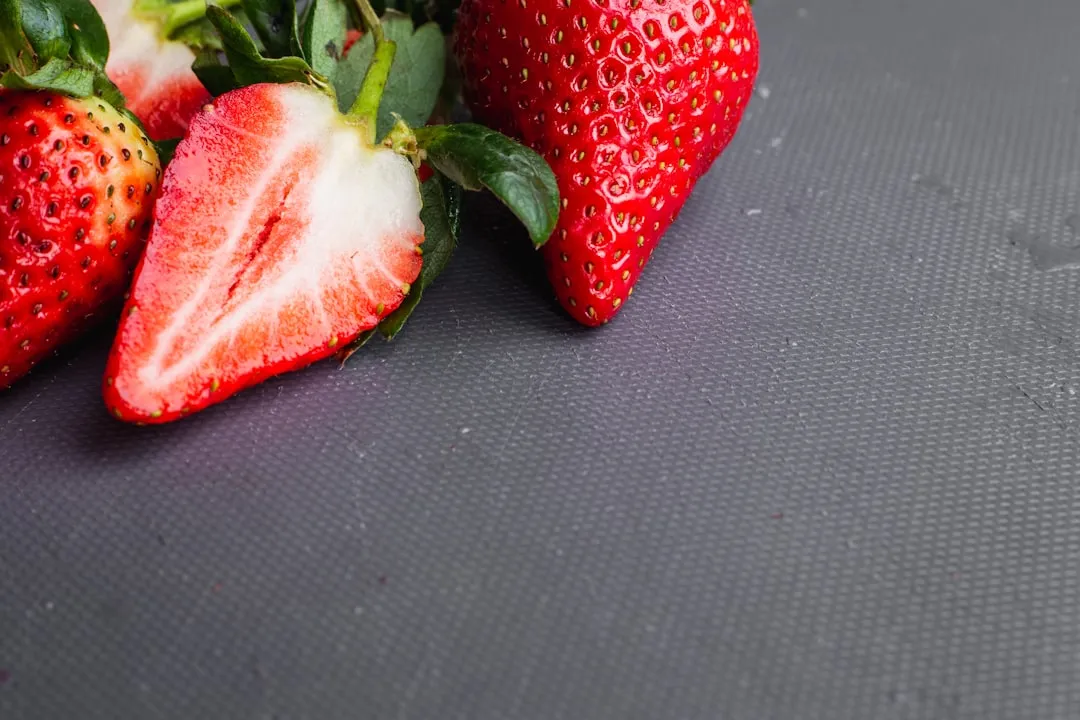






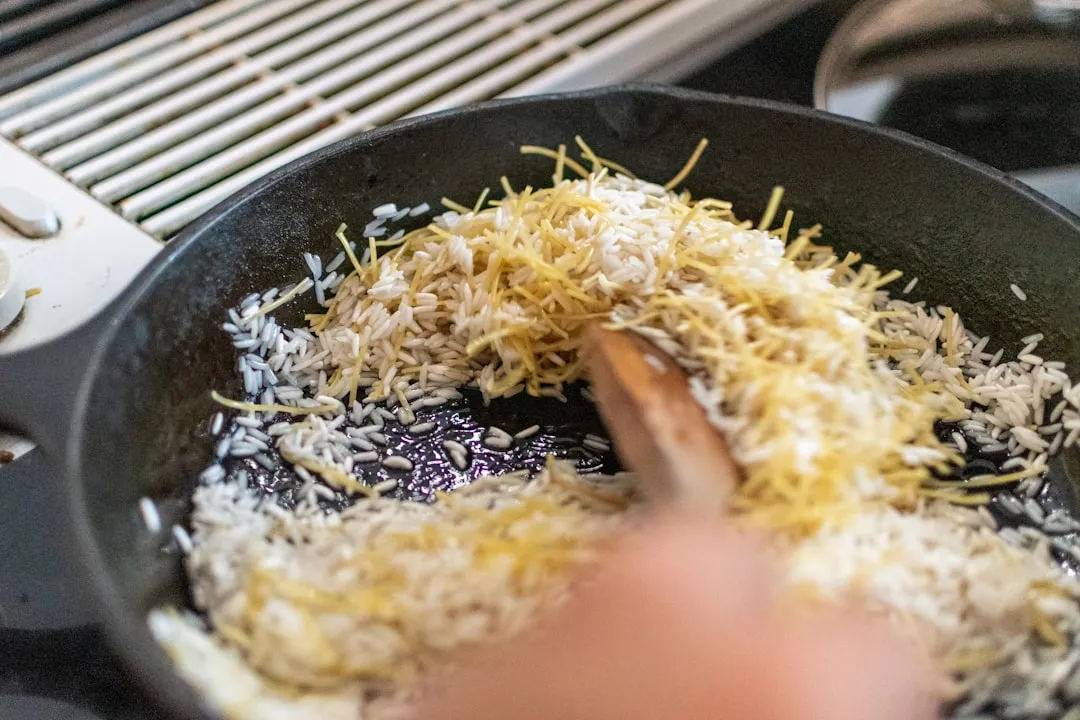



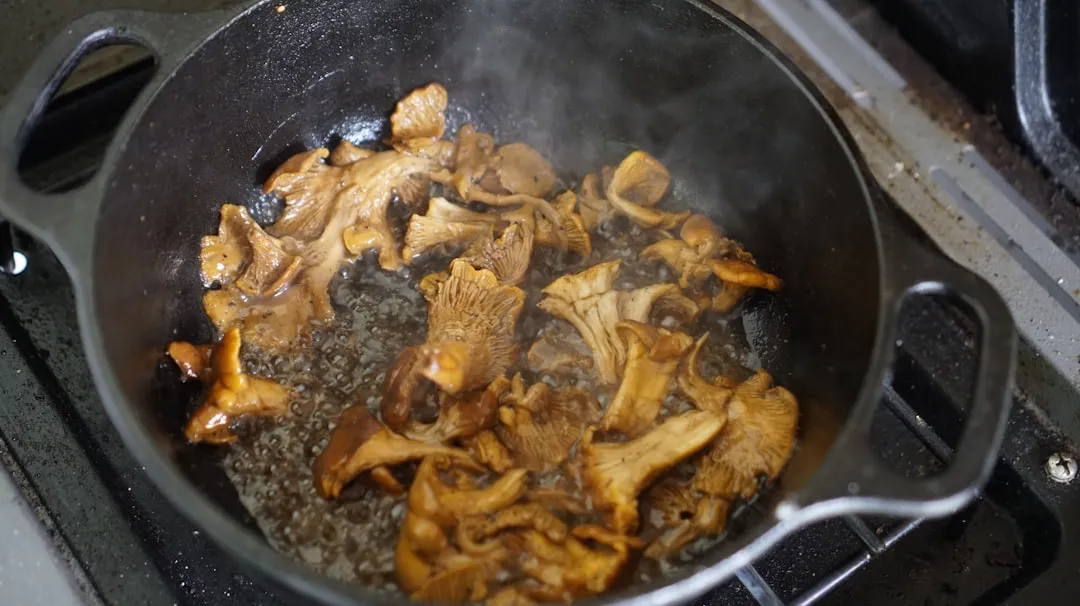
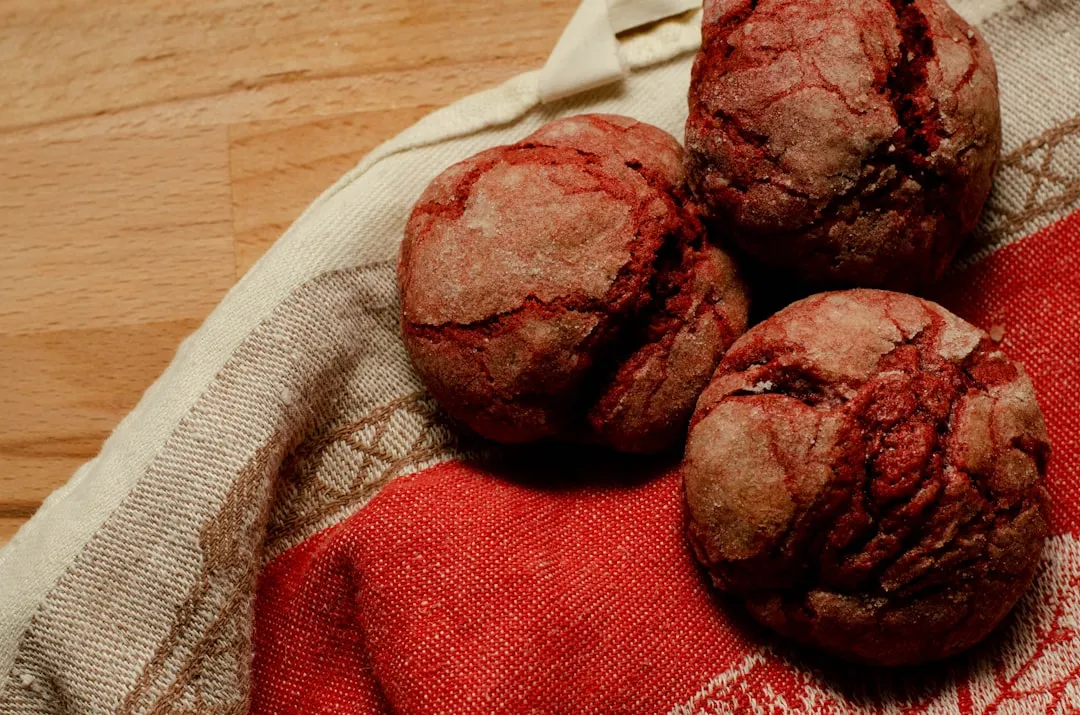
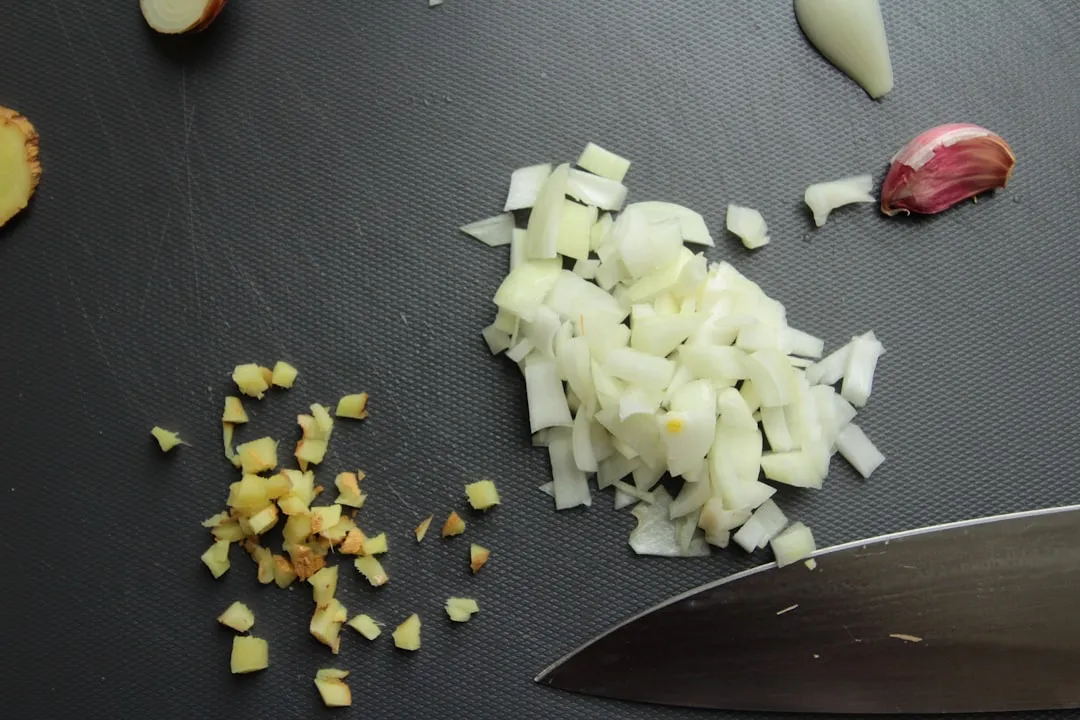




Comments
Be the first, drop a comment!